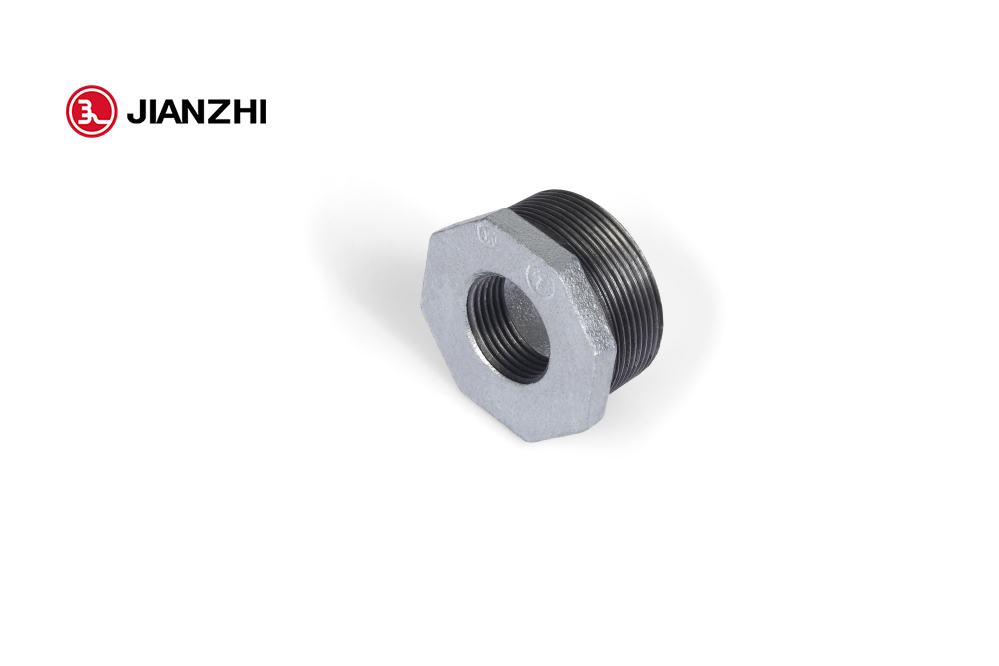Posted on June 2, 2023
Home Repair Tips For galvanized pipe joints and Tubing
Here are some home repair tips for galvanized pipe joints and tubing:
Check for leaks: Check galvanized pipe joints and tubing for leaks or signs of corrosion. If there is a leak, it may be necessary to replace the affected section of pipe or fitting.
Use the proper tools: When working with galvanized pipe joints and tubing, use the proper tools, such as a pipe cutter, pipe wrench, and Teflon tape. This can help prevent damage to the pipe and ensure a proper seal.
Clean the pipe: Before making any repairs, clean the pipe and fittings with a wire brush or emery cloth to remove any corrosion or debris.
Replace damaged fittings: If a galvanized pipe fitting is damaged or corroded, it may need to be replaced. Use a pipe cutter to remove the damaged section of pipe, and then install a new fitting.
Use Teflon tape: When connecting galvanized pipe joints and tubing, use Teflon tape to create a tight seal. Wrap the tape around the threads of the fitting, and then screw it into place.
Use pipe hangers: Use pipe hangers to support galvanized pipe joints and tubing and prevent sagging or stress on the joints.
Check water quality: Check the quality of the water that flows through the galvanized pipes. High levels of minerals or other contaminants can cause corrosion and wear on the pipes and fittings.
By following these tips, you can help maintain and repair galvanized pipe joints and tubing in your home. If you are unsure about how to make repairs galvanized pipe joints or are experiencing significant issues with your plumbing system, consult with a professional plumber.
What are some common causes of corrosion in galvanized pipes?
Galvanized pipes are typically coated with a layer of zinc to protect against corrosion. However, over time, this layer can wear away, leaving the underlying metal vulnerable to corrosion.
Some common causes of corrosion in galvanized pipes include:
Age: Galvanized pipes that are old or have been in use for a long time are more likely to experience corrosion.
Exposure to moisture: Galvanized pipes that are exposed to moisture, such as those in humid environments or those that come into contact with water frequently, are more likely to experience corrosion.
Exposure to chemicals: Galvanized pipes that come into contact with chemicals, such as those used in industrial settings, may experience corrosion.
Poor water quality: Water that is high in minerals, such as calcium or magnesium, or that has a low pH level can cause corrosion in galvanized pipes.
High water velocity: Water that flows through galvanized pipes at high velocity can cause erosion and wear on the zinc coating, leading to corrosion of the underlying metal.
Incorrect installation: Galvanized pipes that are installed incorrectly, such as those that are too tightly fitted or that are exposed to excessive stress, may experience corrosion.
Damage to the zinc coating: Damage to the zinc coating, such as scratches or abrasions, can expose the underlying metal to corrosion.
Overall, galvanized pipes can experience corrosion due to a variety of factors. It’s important to monitor the condition of your galvanized pipes and take steps to prevent corrosion, such as proper installation and maintenance, regular inspections, and water quality monitoring.


